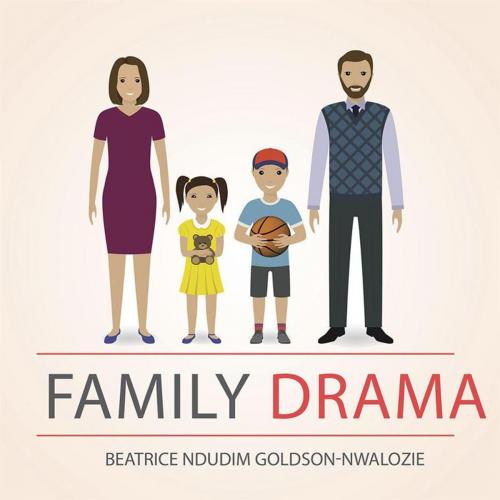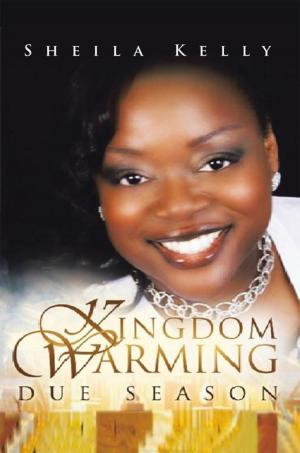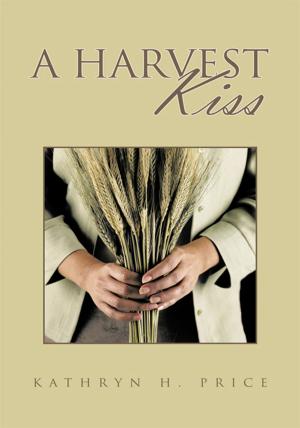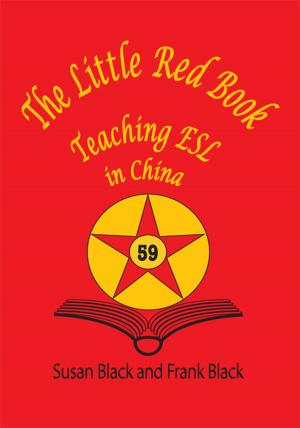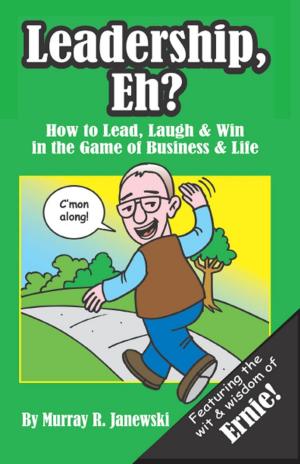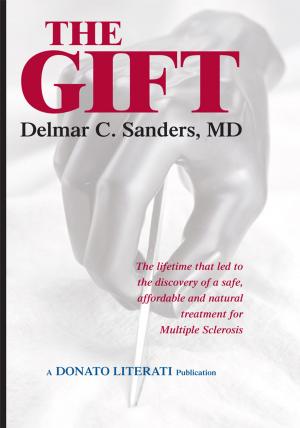| Author: | Beatrice Ndudim Goldson-Nwalozie | ISBN: | 9781490777184 |
| Publisher: | Trafford Publishing | Publication: | May 26, 2017 |
| Imprint: | Trafford Publishing | Language: | English |
| Author: | Beatrice Ndudim Goldson-Nwalozie |
| ISBN: | 9781490777184 |
| Publisher: | Trafford Publishing |
| Publication: | May 26, 2017 |
| Imprint: | Trafford Publishing |
| Language: | English |
All through the ages, the family remains both central and strong. For centuries, it has withstood social catastrophes and revolutions, but it has not remained unchanged by them. We are at a crossroads between what the family has been and what it will become in the future. Childhood, parenthood, old ageall are likely to be redefined. The emergence of a new political class of older people, for example, is just one issue families and governments still have to grapple with. As human society becomes more complex, so is the great diversity of family lives and forms expected to continue. It is necessary for us to invest in families; if not, we may pay a high price. For most individuals, the family is by far the most significant institution. Whether we grow up anxious or confident, trusting or suspicious, ambitious or contented is determined very largely by our early experiences of family life. Evils which a well-supported family and childhood can reduce or eliminate are as follows: addiction, ill health, crime, school dropout rates, and callous self-interest. Measures to tackle serious family crisesabandonment, abuse and neglect, and marital breakdownare essential in all societies. Protecting and empowering the family is of crucial importance if future generations are to enjoy a decent quality of life. The family is the most fundamental resource for human society. Guaranteeing the transfer of resources between generations is fundamental to the notion of sustainability. The present generation has a responsibility to future ones to provide a healthier, most secure environment for the family to act out its role in human society.
All through the ages, the family remains both central and strong. For centuries, it has withstood social catastrophes and revolutions, but it has not remained unchanged by them. We are at a crossroads between what the family has been and what it will become in the future. Childhood, parenthood, old ageall are likely to be redefined. The emergence of a new political class of older people, for example, is just one issue families and governments still have to grapple with. As human society becomes more complex, so is the great diversity of family lives and forms expected to continue. It is necessary for us to invest in families; if not, we may pay a high price. For most individuals, the family is by far the most significant institution. Whether we grow up anxious or confident, trusting or suspicious, ambitious or contented is determined very largely by our early experiences of family life. Evils which a well-supported family and childhood can reduce or eliminate are as follows: addiction, ill health, crime, school dropout rates, and callous self-interest. Measures to tackle serious family crisesabandonment, abuse and neglect, and marital breakdownare essential in all societies. Protecting and empowering the family is of crucial importance if future generations are to enjoy a decent quality of life. The family is the most fundamental resource for human society. Guaranteeing the transfer of resources between generations is fundamental to the notion of sustainability. The present generation has a responsibility to future ones to provide a healthier, most secure environment for the family to act out its role in human society.
